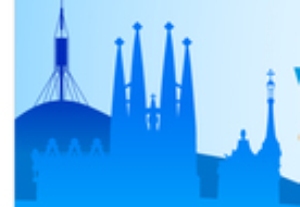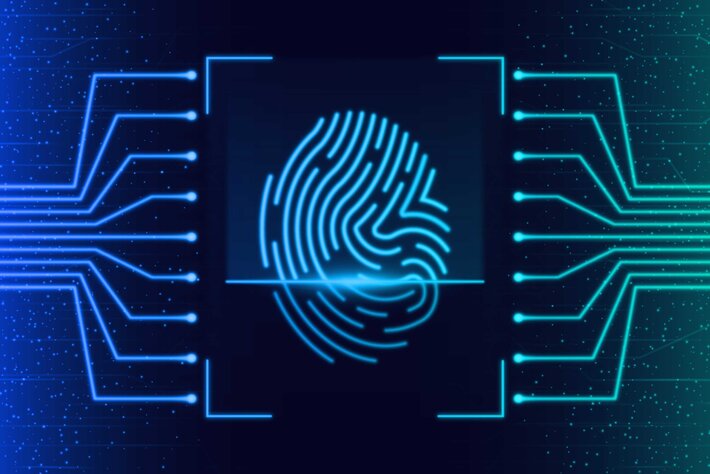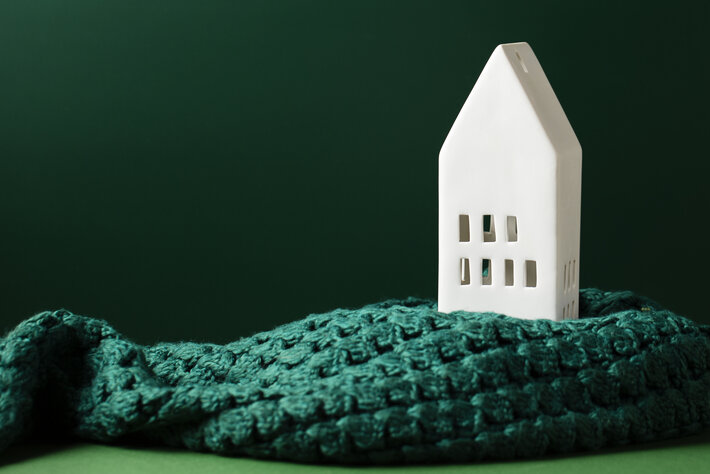The European Connected Health Alliance (ECHAlliance) has made a call for businesses to join the Global Connector, a social network that brings together all the stakeholders of the mobile health and wellness sector.
The announcement was made during the Digital Health & Wellness Summit (DHWS16) at Mobile World Congress 2016 held in Barcelona from February 22-25. The event, organised with the support of Mobile World Capital Barcelona, brought together more than 400 experts from over 20 countries.
Attendees of the conference, the main specialised Digital Health conference at Mobile World Congress, are already part of this global social platform and community formed by close to 900 personal profiles of academia, industries, governments, insurance providers, hospitals and healthcare professionals, start-ups, investors, patients and others interested in the development of the digital health sector.
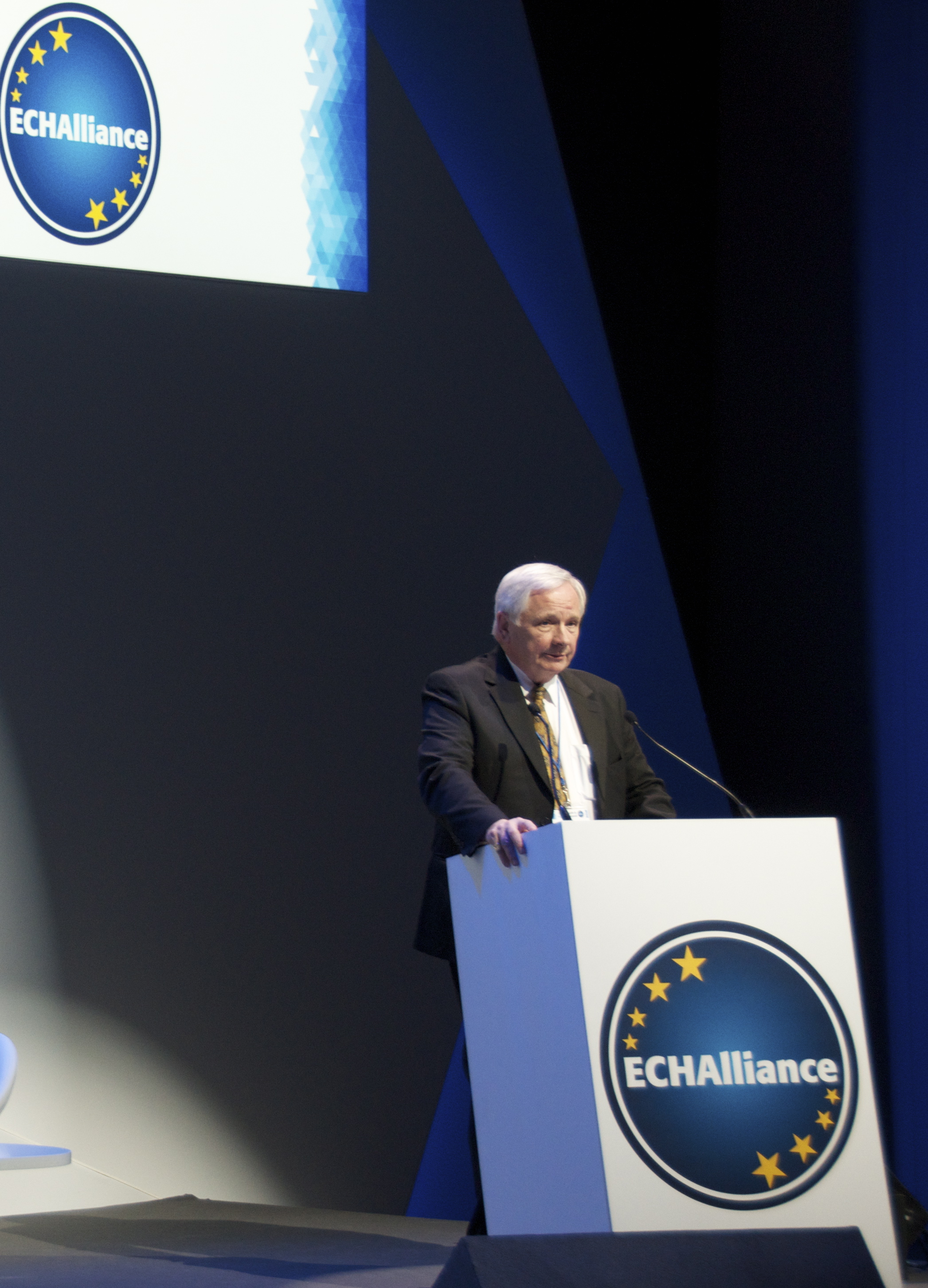
Brian O’Connor, chair of ECHAlliance said, “We have developed in 2015 the Global Connector web platform in order to follow-up on an ‘online mode’, the discussions and connections that we create with our events, like all along this week in Barcelona during the DHWS16. People have personal profiles where they can showcase what they are doing, directly link with other profiles, start discussions through in-mails or video chats, publish articles, showcase products and services, etc.”
“We know that international events are important to concentrate intensive discussions on the future of health and digital, but it is also important to keep the momentum online all along the year. The ECHAlliance has now the perfect tool, with Connector platform, to enhance innovation on a continuous basis and facilitate more exchanges and collaborative projects among its 15,000+ community,” he added.
Health transformation through consumerisation and personalised health
The estimation of digital data in healthcare is growing from 153 Exa-bytes in 2013 to 2.314 Exa-bytes in 2023 (Source: IDC/EMC Digital Universe Study 2014). In this context, Big Data, consumerisation and personalised health were the main themes of the second day at DHWS16, that was held at Fira Gran Via, main venue of Mobile World Congress.
Wednesday morning kicked off with a keynote address by Ain Aaviksoo, Deputy Secretary General for e-Services and Innovation at Ministry of Social Affairs of Estonia, one of the best European models for Digital Health. Aaviksoo shared his vision of the future of health and social care. “We need a digital single market for health and we have to work on empowering all individuals with a technological, organisational and legal framework that allow to actively manage their own health data,” he said. “This actions will yield in more opportunities to improve the health of European citizens and contribute to the advancement of European digital economy,” Aaviksoo added.
Next, a panel of leading international companies took the stage to discuss about personalised health and big data. Finding the right treatment for the right person at the right time is the challenge of personalised health, according to Florence Gaudry-Perkins, international director, Global Government sector at Nokia. “Data integration and analytics are at the core of this trend. Just in the US, Big Data for health could generate $100 Billion in annual value,” she said.
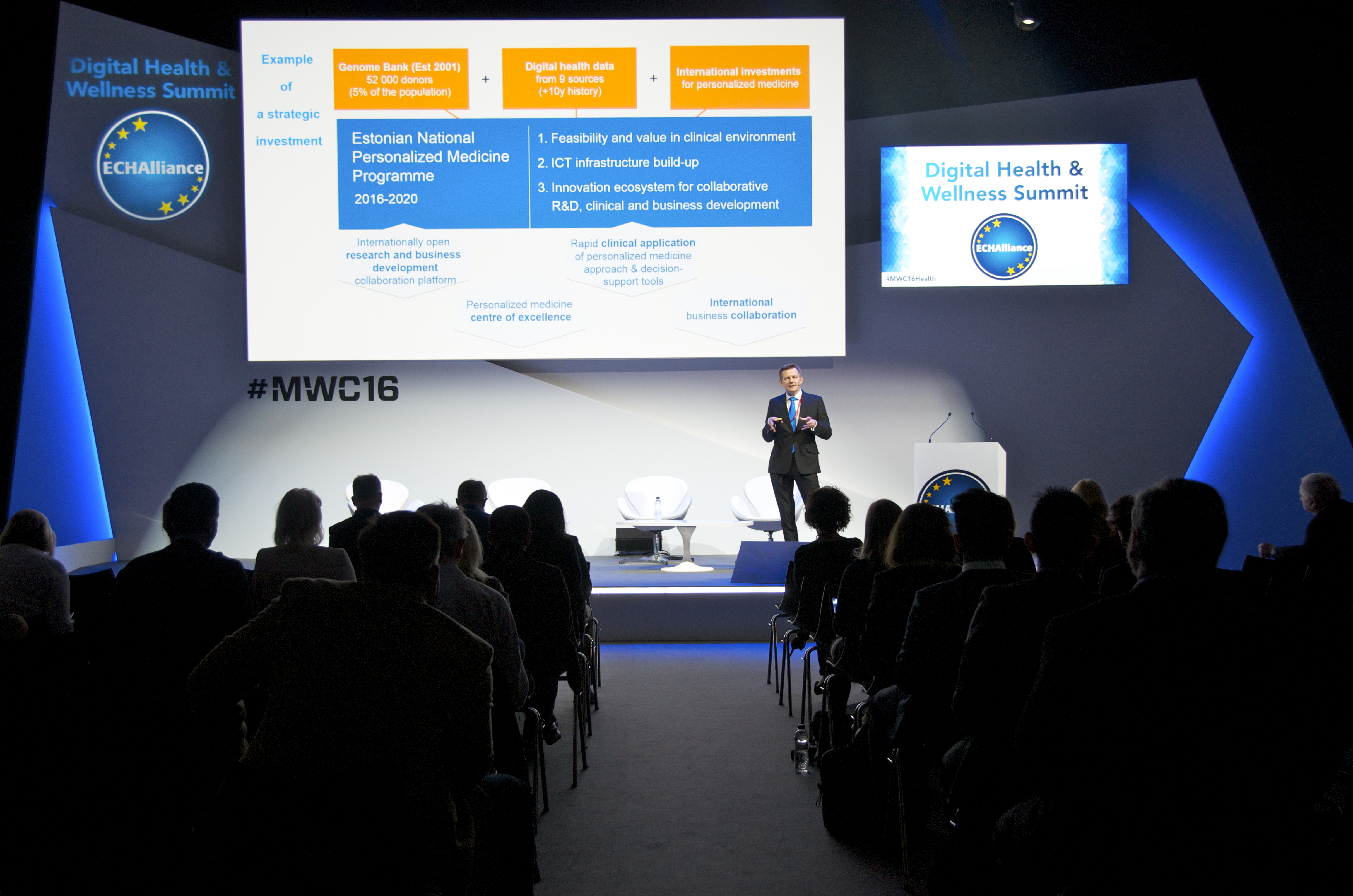
Matej Adam, Healthcare Industry leader EMEA at IBM, highlighted the new cognitive systems. “They can help with handling data complexity and scale in different fields such as oncology, natural Language processing, genomics, Drug Discovery, and Medical Image Analytics,” he said.
Allan Bowyer, lead for mobile health and Patient Support Programs EMEA at Janssen, pharmaceutical company of Johnson & Johnson, stressed the importance of personalised adherence, a problem that contributes to the premature deaths of nearly 200,000 Europeans a year. “We must deliver personalised adherence support with a human touch and put people before process and technology,” he added.
Formula 1, vital sensors and the challenges of diabetes
Adam M. Hill, chief medical officer at McLaren Applied Technologies, delivered a keynote address focused on the interaction between man and machine at Formula 1 and how this experience at one of the top motor-racing teams could be translated to people’s Health. “Data underpins everything at Formula 1 and to translate this insight we focus on data analytics and decision design systems,” he said.
Chris Lewis, managing director of Lewis Insight and founding partner of The Great Telco Debate, delivered a keynote address about the hyperconnected individual and their influence in people’s health, especially in people with disabilities. “Nowadays we can put sensors and technology in any point of the body and connect it to other sensors and data storage,” he said. “We must leverage technology to educate and inform individuals, family, carers, clinicians and providers. Communication of information is a key issue,” he added.
At Wednesday afternoon’s keynote, Lars Kalfhaus, Country Manager & Site Head at Roche Diabetes Care Spain, and Managing Director at Emminens Healthcare Services, stated the impact of digital health in diabetes treatment and cost. “To change management of resources from the current model, based on pay for illness and treatment to a model that focuses on health and prevention of complications would halve costs for the healthcare system. Integrated and Personalised Care enabled by technology platforms can reduce total treatment cost by up to 12%,” he said. “Digital health tools are also essential to individualise treatment and empower patients on the management of their disease,” he added.
IoT and Wearables drive the consumers’ health tsunami
Lastly, Consumers Health took the centre stage of the DHWS16 with a panel lead by Joan Cornet, director of mHealth Competence Center at Mobile World Capital Barcelona. Jorge Fernández-Miranda, global head of Consumer Digital Health at Telefónica, noted that, as in many other industries, consumers are becoming the major force of change in healthcare. “85% of Europeans turn to Internet for healthcare information and 1 of 3 EU consumers have downloaded at least 1 health & wellness app,” Fernández-Miranda said. “Consumers Health is not a trend, it is a tsunami and consumerisation and Internet of Things (IoT) are the real game changers in health”, he added. Nick Van Terheyden, Chief Medical Officer at DELL Healthcare, highlighted that “wearables and IoT will surpass smartphones and personal computing by 2018.” Finally, Céline Le Cotonnec, Head of China Connected Services Business Unit at PSA Peugeot-Citroën Asia, added “We are also opening new digital territories with the Internet of Thing revolution of automotive disruption.”
Comment on this article below or via Twitter: @IoTNow_ OR @jcIoTnow
